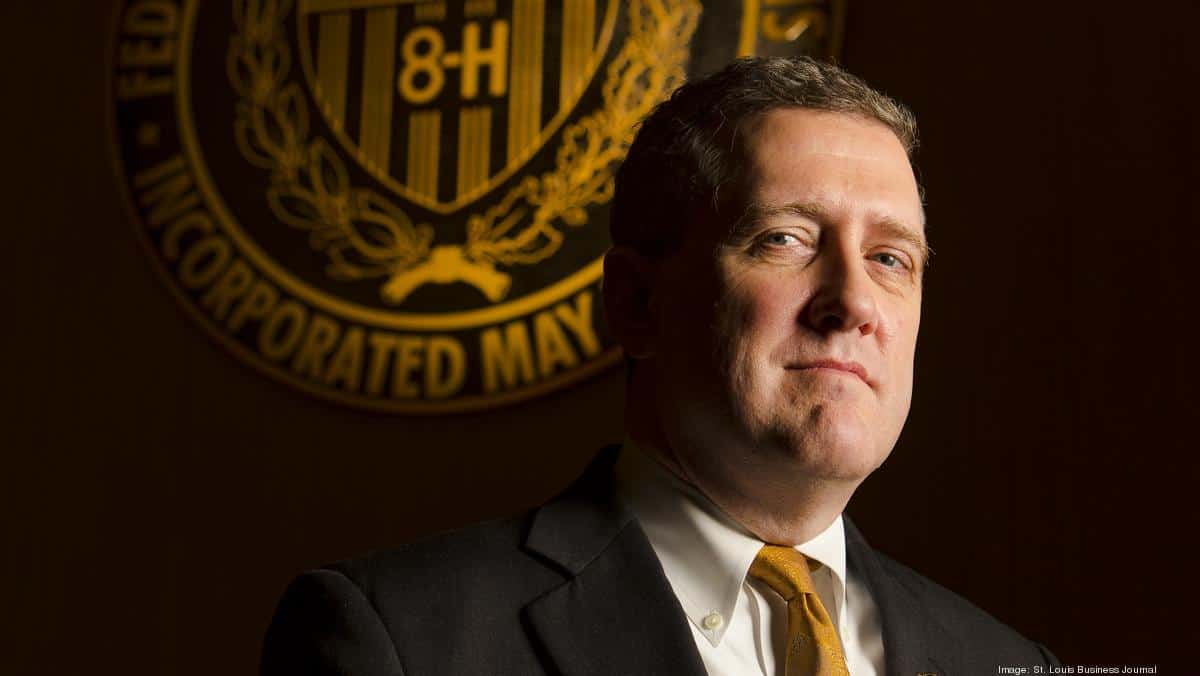St. Louis Federal Reserve President James Bullard told CNBC on Friday that he sees an initial interest rate increase happening in late-2022 as inflation picks up faster than previous forecasts had anticipated.
That estimate is even quicker than the outlook the broader Federal Open Market Committee released Wednesday that caused a hit to financial markets. The committee’s median outlook was for up to two hikes in 2023, after indicating in March that saw no increases on the horizon.
Bullard at several points described the Fed’s moves this week as “hawkish,” or in favor of tighter monetary policy than what has prevailed since the onset of the Covid-19 pandemic.
“We’re expecting a good year, a good reopening. But this is a bigger year than we were expecting, more inflation than we were expecting,” the central bank official said on “Squawk Box.” “I think it’s natural that we’ve tilted a little bit more hawkish here to contain inflationary pressures.”
The FOMC’s revised forecasts reflect that sentiment.
For 2021, the committee raised its expectations for core inflation as measured by the personal consumption expenditures price index to 3% from the March estimate of 2.2%. It also brought its median estimate for inflation including food and energy prices up to 3.4%, a full percentage point jump from the prior outlook.
Along with that, the committee hiked its outlook for GDP growth to 7% from 6.5%. As recently as December the committee had been looking for growth of just 4.2%.
“Overall, it’s very good news,” Bullard said of the economic trajectory during the reopening. “You love to have an economy growing as fast as this one, you love to have a labor market improving the way this one has improved.”
However, he cautioned that the growth is bringing faster-than-expected inflation, adding that “you could even see some upside risks” to price pressures that by some measures are running at their highest levels since the early 1980s.
That’s why he thinks it would be prudent to start raising interest rates as soon as next year. The Fed dropped its key overnight lending rate to near zero at the outset of the pandemic and has kept it there since.
Bullard said he sees inflation running at 3% this year and 2.5% in 2022 before drifting back down to the Fed’s 2% target.
“If that’s what you think is going to happen, then by the time you get to the end of 2022, you’d already have two years of two-and-a-half to 3% inflation,” he said. “To me, that would meet our new framework where we said we’re going to allow inflation to run above target for some time, and from there we could bring inflation down to 2% over the subsequent horizon.”
Bullard is not a voting member this year on the committee but will get a vote next year. Stock market futures briefly added to losses while the 10-year Treasury yield ticked higher as Bullard spoke.
The other dynamic of the Fed’s policy is its $120 billion minimum of asset purchases. Bullard said he thinks it will take several months of discussion before the central bank decides how to begin reducing that pace.
He also cautioned that with the economic dynamics uncertain ahead, that also will mean monetary policy will remain in flux.
“These are things far in the future in an environment where we’ve got a lot of volatility, so it’s not at all clear any of this will pan out the way anybody is talking about. So we’re going to have to go meeting by meeting to see what happens,” he said.

